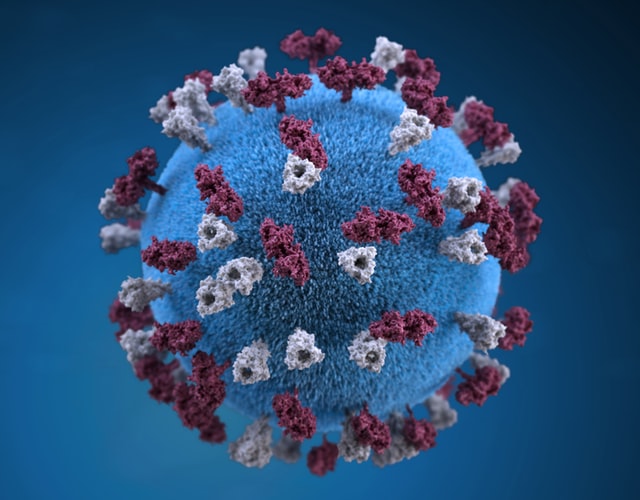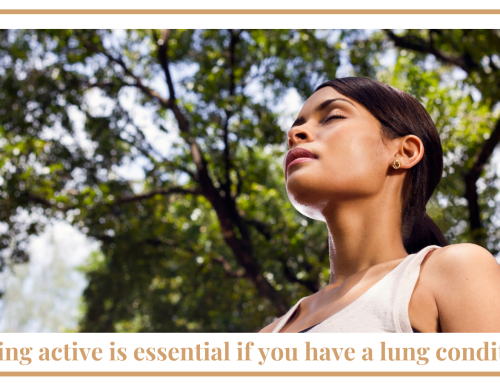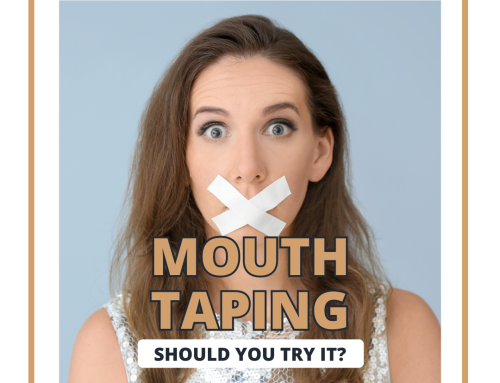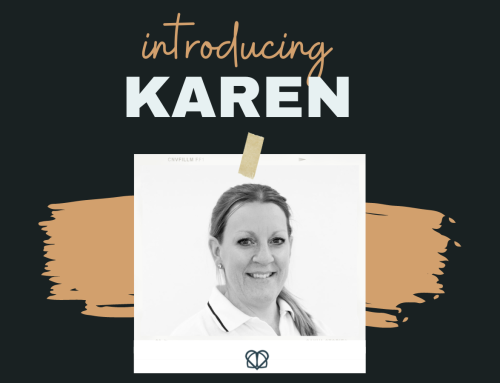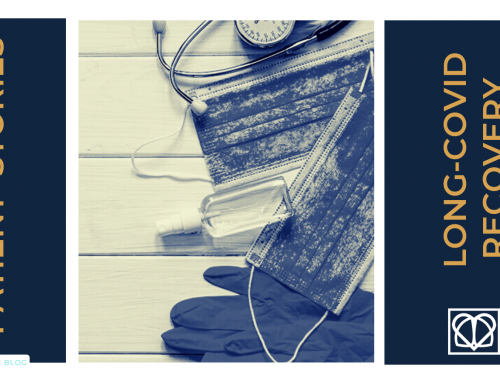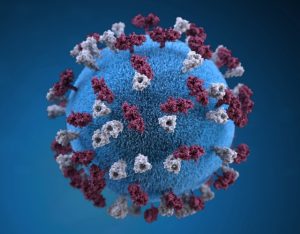 Over the coming weeks and (perhaps) months, we will be focusing on helping you through COVID-19. This pandemic is going to affect every single person in one way or another and it is times like these that we need to support one another.
Over the coming weeks and (perhaps) months, we will be focusing on helping you through COVID-19. This pandemic is going to affect every single person in one way or another and it is times like these that we need to support one another.
There are a few key questions that we’ve been asked a number of times over the past couple of weeks:
How do I know if I have COVID-19?
We are being told that symptoms may appear 2-14 days after exposure to the virus. This means you may be carrying the virus but may not feel any symptoms for up to 2 weeks.
The symptoms of Coronavirus are:
-
Fever
-
Cough
-
Shortness of breath
The World Health Organisation (WHO) says that about 80% of people who get COVID-19 will completely recover without needing any specialist treatment. Experts think that about 1 in 6 people will develop difficulty breathing.

Professionals are basing much their advice and knowledge so far on what has happened in Wuhan, China. They think that those who catch COVID-19 can be placed in to 4 broad categories:
-
Those who have the virus but have no symptoms at all.
-
Those who get an infection in their upper respiratory tract i.e. they might have a fever and a cough, and perhaps symptoms like a headache or sore throat.
-
Those who develop flu-like symptoms with a cough and fever, which would usually keep someone off work.
-
Those who develop more severe respiratory illness which may feature pneumonia (only about 6% of cases in Wuhan, China).
What happens in my lungs if I get COVID-19?
When people with COVID-19 develop a cough and fever, it is as a result of the infection reaching the conducting airways, i.e. the breathing tubes that carry air from your mouth through your lungs. This can cause inflammation and irritation of the airways, causing a cough and in some cases, difficulty breathing.
If the infection gets worse and moves further down the airways, it will affect the alveoli. Alveoli are important as they are where the gas exchange happens i.e. where the oxygen will enter our blood stream. If the alveoli become infected, they often fill with inflammatory material, making breathing and gas exchange even harder, and this can lead to a pneumonia.
Am I at risk?
The following people are at an increased risk if they catch COVID-19
-
Those over 65 years old
-
Why? Because our immune systems naturally weaken the older we are, so our risk of getting pneumonia increases with age
-
-
Those with medical conditions such as:
-
Diabetes
-
Cancer
-
Lung disease
-
Heart disease
-
Kidney or liver disease
-
Smokers
-
What should I do if I am at risk?
We understand that you may fall into this ‘high-risk’ category. It is important not to panic if you do, and instead be sensible, responsible and pragmatic about looking after yourself.
We will be sharing more information about this soon.

-
Consider self-isolation or social distancing
-
This may mean staying indoors more, working from home, limiting contact with friends or family.
-
Stay in touch with people by phone or video call. We are very lucky that we live in an age now where staying connected with phones or computers has never been easier.
-
-
Be thorough with hand washing
-
Wash your hands often with soap and water (for at least 20 seconds), especially if you have been in a public place.
-
-
If you need to cough or sneeze, do it into a tissue and put it in the bin straight away
-
Avoid touching your eyes, nose and mouth with unwashed hands
Follow us on social media to stay up to date about staying healthy in the presence of COVID-19.

